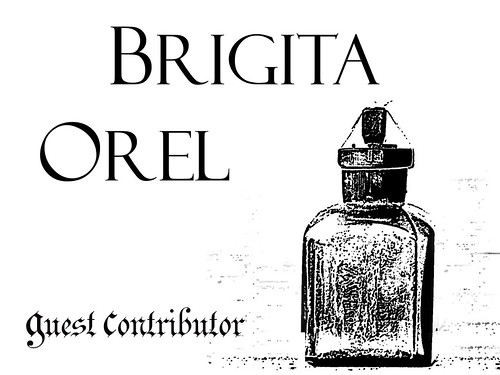 I am become life—creator of worlds: beginning as a tube within a tube.
I am become life—creator of worlds: beginning as a tube within a tube.
I am blood; I am bile; I am phlegm; I am gall—
secreted; emulsifying, absorbing, metabolizing.
I have no control over the cataract flowing within me.
EPINEPH-RINE—my fight or flight, Adrenaline, would I have guessed my savior,
my liquid guardian
angel, can come from a packet of “Sweet and Low”?
Check yourself, if you don’t believe me.
While tiny ladders of sugar and nitrogen unzip, split, replicate forming my
blueprint—this only takes
half-n-hour. I hope no mistakes are made.
While gases diffuse through the thin walls into my-life blood and
a thick chunk of muscle pushes it through the rest of me
Gravity helps some, hurts some, but my pipes have to do the rest
While little fission bombs of Adenosine detonate,
they then disperse the shrapnel of Phosphates
Mean time, Minerals, opposing and flipping, run down my power lines
I feel thoughts and movements conducting across the thin sheets;
sparks that jump across the nodes of Raviener
Open the floodgates! The system of pulleys and levers begins to move; the simple
machines
Become complex.
Bio-Hemo-Myo-Neuro-Osteo-Proprio-Chemo-Pneumo…
I’m running out of breath here…
What a piece of work is this machine—how noble in reason—how infinite in
resource and plasticity—
how like a God?
Wait, that’s not right.
Things fall apart and systems fail. Pressure rises, blood clots and plaques,
replication undifferentiates,
then various things are spurring, embolizing, aneurising, collapsing,
ischemtizing. I am now
described with words like edematous and crepetant and stenotic .
The men in white do their best: beta-blocking, pharming, imaging, thinning, and
scoping,
and cutting, and stinting…and then defibrillating…and then failing…
And then—





 I.
I.











 I am become life—creator of worlds: beginning as a tube within a tube.
I am become life—creator of worlds: beginning as a tube within a tube.


